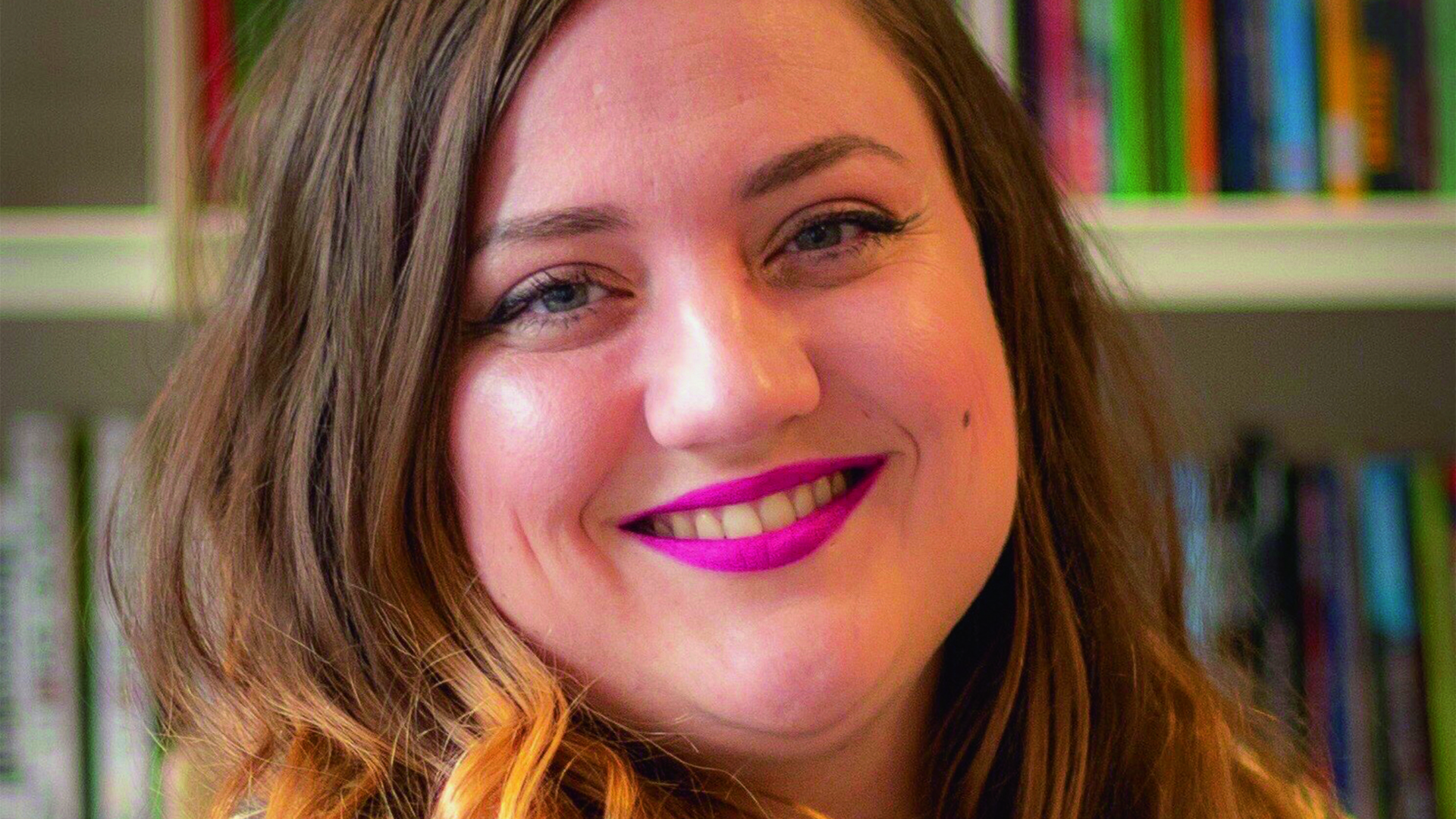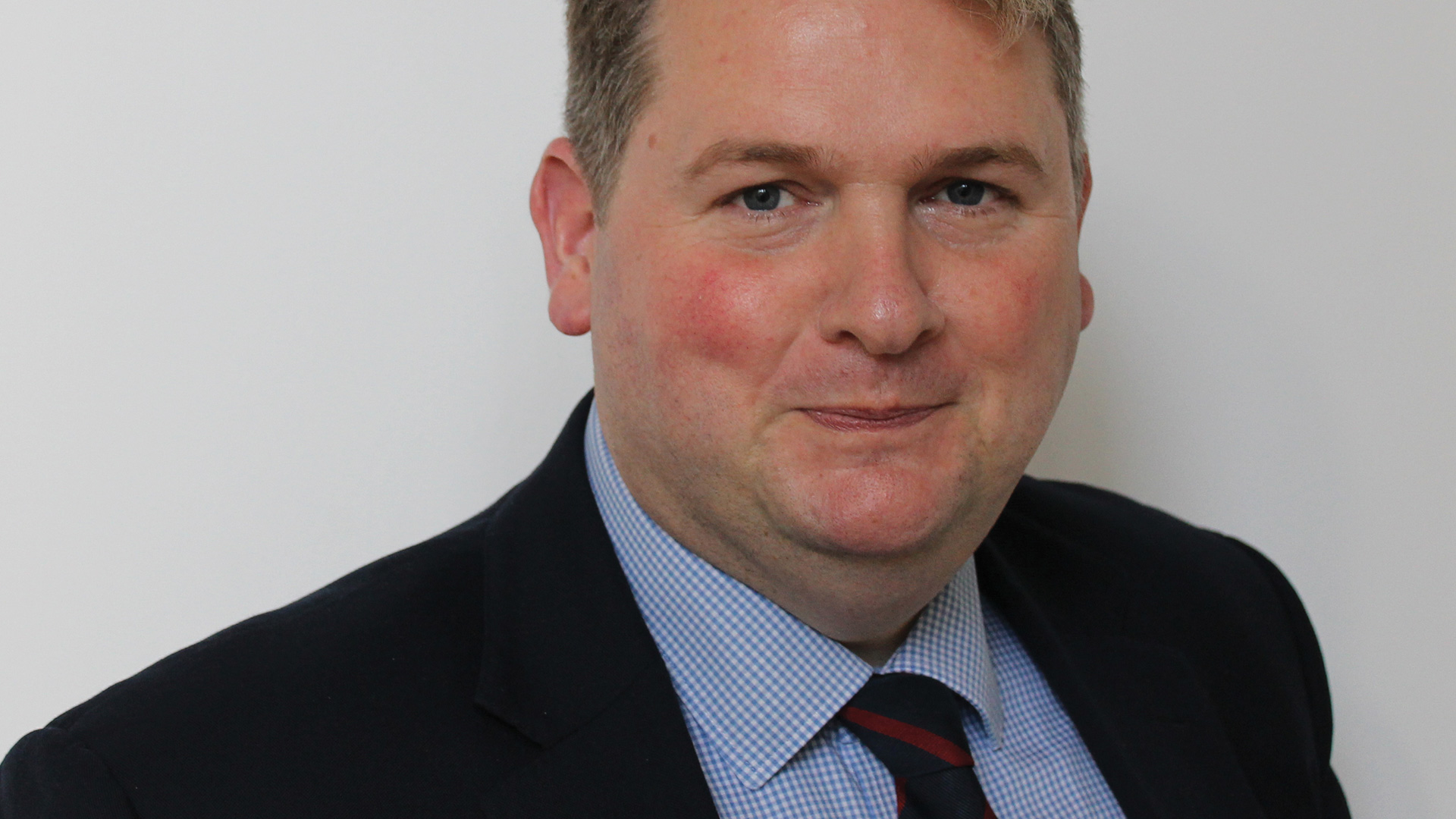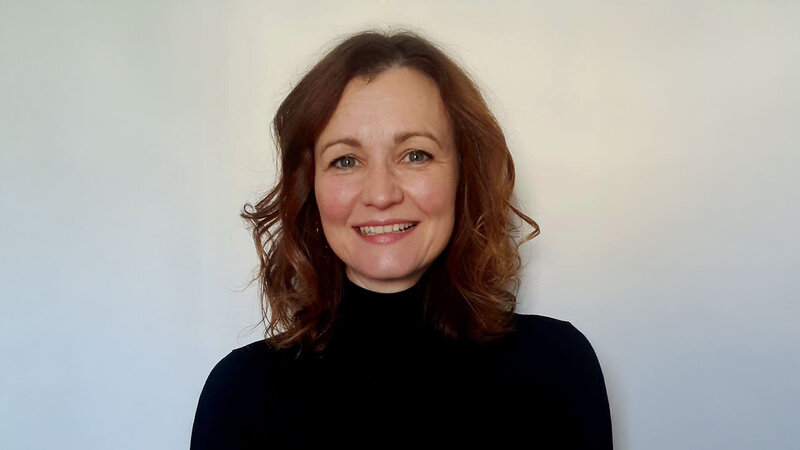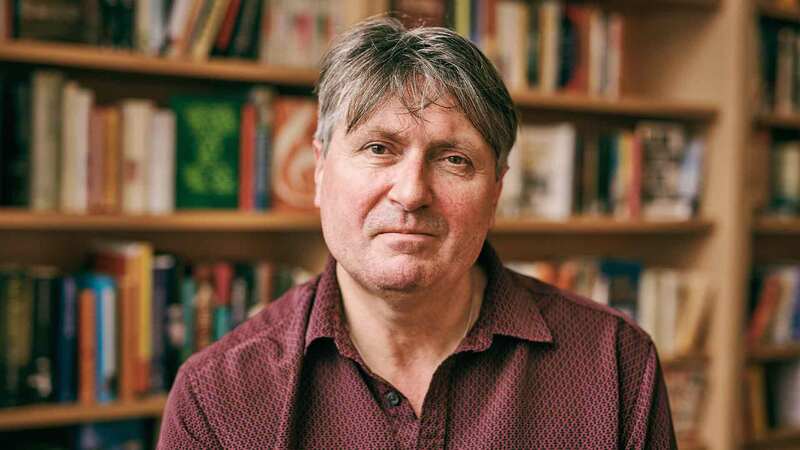You are viewing your 1 free article this month. Login to read more articles.
Serious concerns as almost a third of librarians asked to censor material
More than 80% of librarians are concerned about the increased incidence of challenges to intellectual freedom, such as requests to remove titles that address specific identities, according to a recent survey conducted by the Chartered Institute of Library & Information Professionals (CILIP).
In total, 82 individuals and services responded to the survey, with 26% revealing they had “occasionally” been asked to censor material. CILIP noted the data raised “serious concerns”. “If nearly a third of respondents have been asked to censor materials—even if only occasionally—we need to understand more about the basis on which these requests are being made and how equipped librarians feel to respond,” it said. It has since launched a consultation on intellectual freedom, designed to help defend librarians and their collections, with the aim to approve a new policy and publish it by the end of November.
Nick Poole, CILIP c.e.o., said the organisation’s key message to members was: “Don’t be scared but be prepared. Don’t be afraid of being engaged in controversial discussions but do have your position thought through and worked out and written down.”
It follows a surge in protests outside libraries this year, most notably in response to the Drag Queen Story Hour tour over the summer, which saw drag performer and children’s author Sab Samuel, also known as Aida H Dee, read to children. Different groups objected on a variety of grounds, and some events saw abuse linked to child-grooming hurled at Samuel and parents who took their children to see him, resulting in a few events being postponed or cancelled.
One librarian, who did not wish to be named, told The Bookseller that protestors, some of whom included members of far-right organisations, block-booked tickets on Eventbrite under “vile names”, making it difficult for the library to reserve places for customers who genuinely wanted to attend. They said a number of protestors were “very threatening and disturbing”, which meant events had to be postponed. “It escalated in some ways out of control” they said. Although they praised local councils and police services for supporting the events, they said the experience was “very disappointing and just a bit demoralising”, noting the extra work it created for the library, including staffing hours and risk assessments, which they feared might make it more tempting for libraries to avoid similar events in the future.
In June, author and gender-critical feminist Julie Bindel was due to give a talk on feminism and violence against women, organised by Nottingham Women for Change, at Aspley Library in Nottingham. However the event was cancelled by the council last-minute, citing “her views on transgender rights”. The council said: “Nottingham is an inclusive city and as a council we support our LGBT community and have committed to supporting trans rights as human rights through Stonewall.” Bindel said her talk was cancelled on “ludicrous” grounds and she felt she was being silenced. The council confirmed it would not remove her books from its libraries.
Some of the scenes that we have witnessed over the past couple of weeks are appalling. Library staff should not be subject to that and neither should library users with children—Isobel Hunter, chief executive at Libraries Connected
Speaking about the Drag Queen Story Hour, Isobel Hunter, chief executive at Libraries Connected, condemned “any intimidation, harassment or abuse of library staff and library users” as “totally unacceptable”. She said: “Some of the scenes that we have witnessed over the past couple of weeks are appalling. Library staff should not be subject to that and neither should library users with children.” She accepted the Story Hour waded into “a very fractured debate”. “People have got very fixed positions, so it’s very difficult seeing libraries caught in the middle of that,” she said, but praised councils and police services for their support.
The organisation also leads a session about running controversial events to advise librarians on how to deal with criticism, including for events that are not intended to be controversial. “In the past few months, libraries have been referring to professional ethics and professional policies, they are becoming increasingly important,” she said, adding that CILIP’s work on a statement of intellectual freedom “will be really welcomed by libraries”. “These things are really important and give libraries confidence they are operating in the right way,” she said.
Dr Louise Cooke, emeritus professor of information and knowledge management at Loughborough University, agreed that it is “essential” for professional associations to provide librarians with policies to protect them, saying this is something the UK has “lacked” in the past. “There is a certain element of professional neutrality—librarians don’t take sides,” she said. “Obviously we have all got our own personal views on issues, but we are not being paid to put one particular perspective over another. That’s why policies are important. They protect the library staff themselves. If they are just adhering to the policy then that gives them a certain amount of backing and takes away that need to influence things through your own views.”
Schools of thought
School librarians have been particularly vocal about the need for stronger policies, after the Diocese of Southwark cancelled a visit by author Simon James Green to the John Fisher School in south London on the grounds that the LGTBQ+ subject matter “fell outside the scope of what is permissible in a Catholic school.” Kristabelle Williams, SLA School Librarian of the Year, said she knew of school librarians who had been dealing with cancelled author visits and challenges to books from teachers and guardians on various grounds, including swear words, LGBTQ+ characters and related storylines, and objections to which age groups can access certain titles.
“Self-censorship and restrictions placed by librarians themselves can also be seen as an issue in school libraries,” Williams said. “For example, some implement systems using parental permission slips for certain resources, which can deny students equitable access to information and resources as their peers, or books which are age-relevant to a school’s students are restricted to a certain age group within the school—i.e. sixth form—to pre-empt complaints about perceived issues with content or swearing.”
She welcomed CILIP’s work on a new policy as “an important step” but said it was “vital that any statement is very clear in explaining, in CILIP’s own words, what intellectual freedom means in practice for librarians and library policy in terms of providing equitable access to library materials to all users.” She added: “Ideally the statement would also be accompanied by the setting up of a reporting system (and confidential support service) for recording instances of censorship in the UK, such as challenges to books, resources, displays, author visits, programmes, etc, as this is not currently being centrally recorded by any organisation. Having this up-to-date information can strengthen support, understanding and advocacy on these issues.”
Alice Leggatt, former librarian at John Fisher School, agreed, explaining that while the school had a selection policy for books, it did not have a specific challenge policy. “If a book is challenged, there needs to be a process that it goes through, including the student voice in that,” she said. She stressed that the school itself was very supportive of her and her decision to invite Green to speak, but the reaction from the diocese, as well as some parents and far-right groups from all over the world, left the library “on the back foot”. Leggatt fears “it will make school libraries quietly remove things”.
Keeping young people ignorant and afraid does nothing to prepare them for the diverse world they need to make their way in and ill-equips them for the future—author Simon James Green
Green said cancelling events like his “perpetuates homophobia”. “Keeping young people ignorant and afraid does nothing to prepare them for the diverse world they need to make their way in and ill-equips them for the future,” he said. “Libraries are, and must remain, safe spaces for discovery and learning. Just because a book or library event isn’t right for one person, doesn’t mean it isn’t exactly what another person needs. Everyone benefits from seeing their experiences reflected in a book, but everyone also benefits from reading about lives different to their own—that is what builds empathy and ultimately makes the world a better place, full of people who understand one another a little more. We have to stand up for access to knowledge. And we have to stand up for the custodians of that knowledge—librarians—who know exactly what book is right for which person, and who expertly curate collections, and events, based on the needs of the communities they know so well.”
He added: “Libraries are a sanctuary where young people have the chance to access reliable information in a supportive environment, find comfort and reassurance, work out who they are and gradually begin to celebrate themselves. For many young people I meet, the school library is the only place they can safely do that. Why would anyone want to take that little piece of happiness away?”















